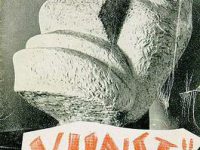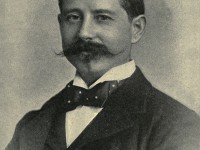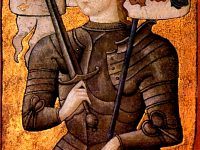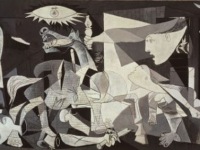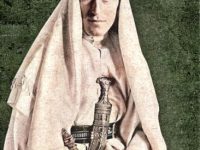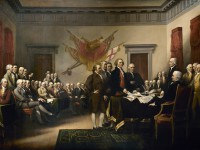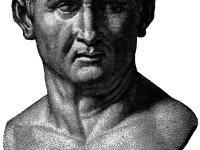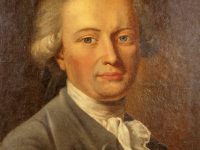Art and Propaganda – the Degenerate Art Exhibition of 1937
On July 19, 1937, the Degenerate Art Exhibition (German: Die Ausstellung “Entartete Kunst“) was opened in the Institute of Archeology in the Munich Hofgarten. The exhibition presented 650 works of art, confiscated from German museums, and was staged in counterpoint to the concurrent Great German Art Exhibition. The exhibition included works of Marc Chagall, Wassily Kandinsky, Ernst Ludwig Kirchner, Paul Klee, Franz Marc, and Emil Nolde.[3,4,6,7,8] It was not a singular event in…
Read more

